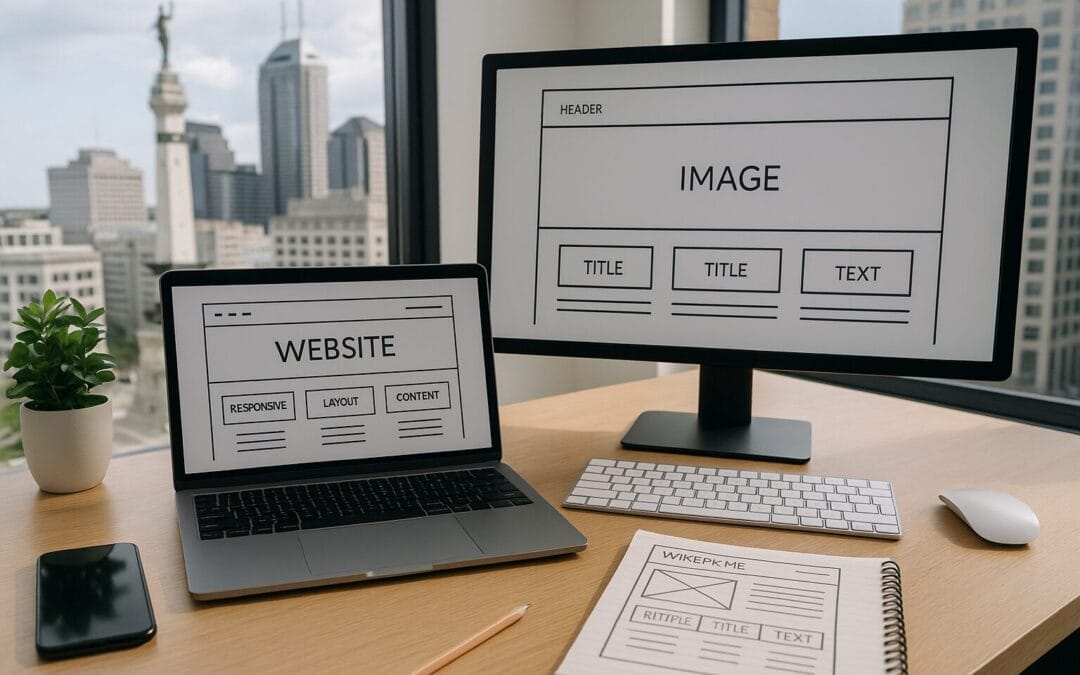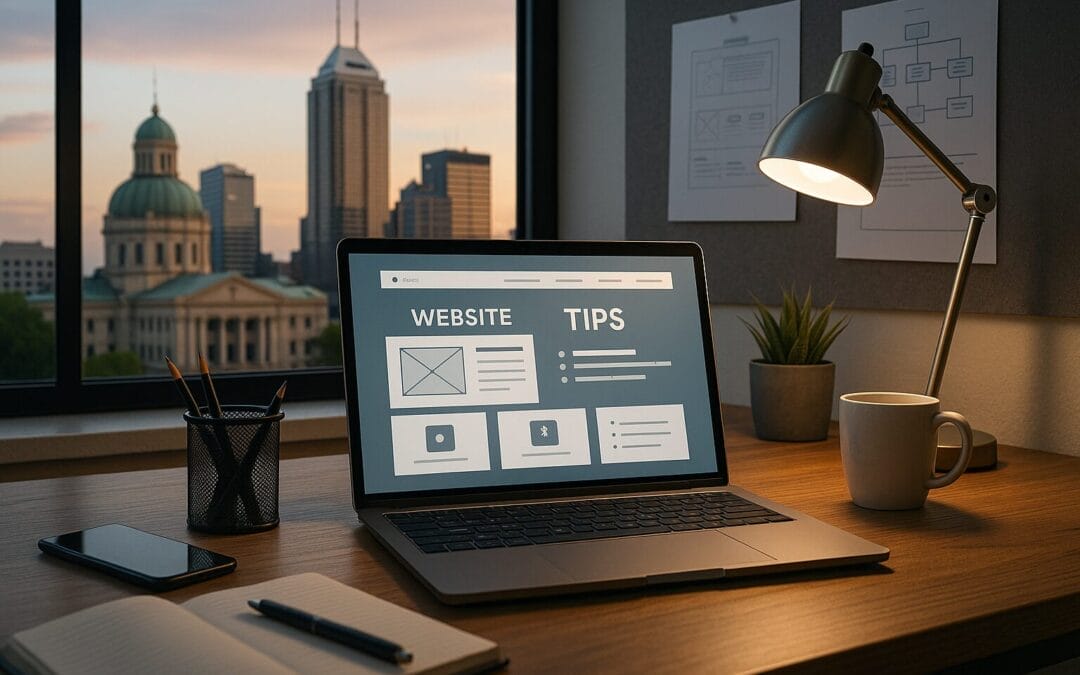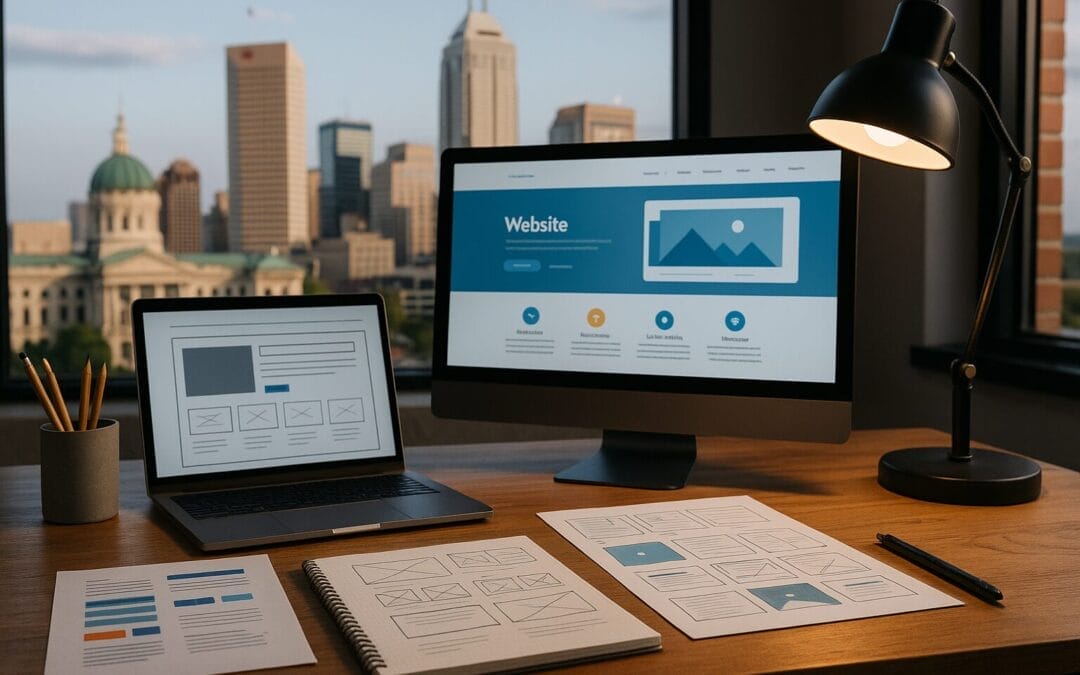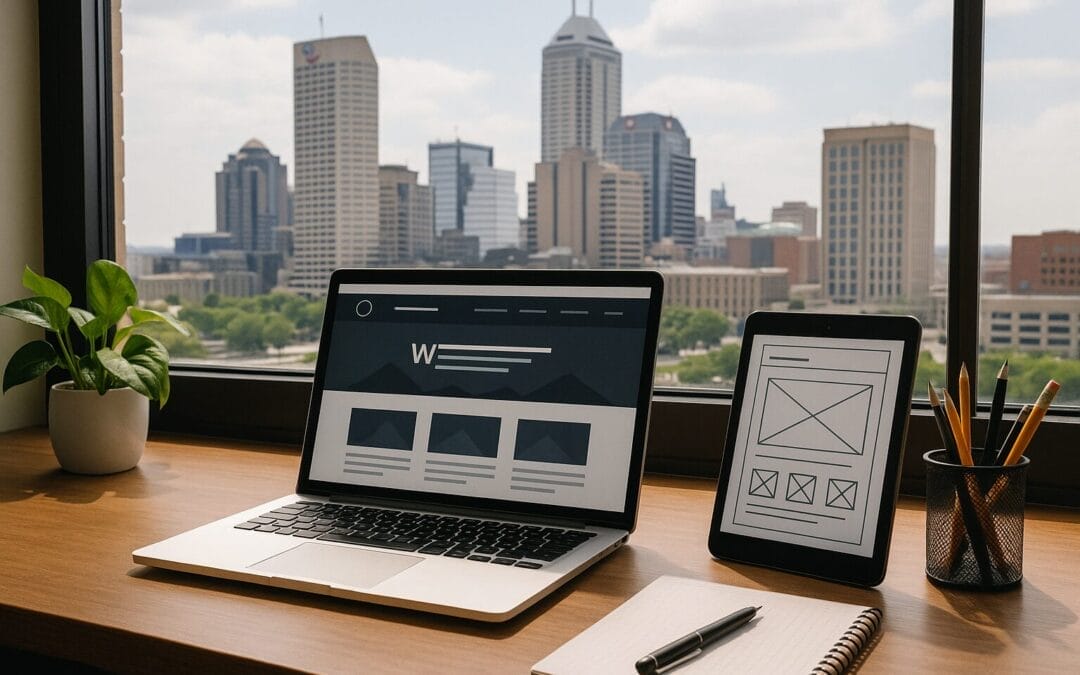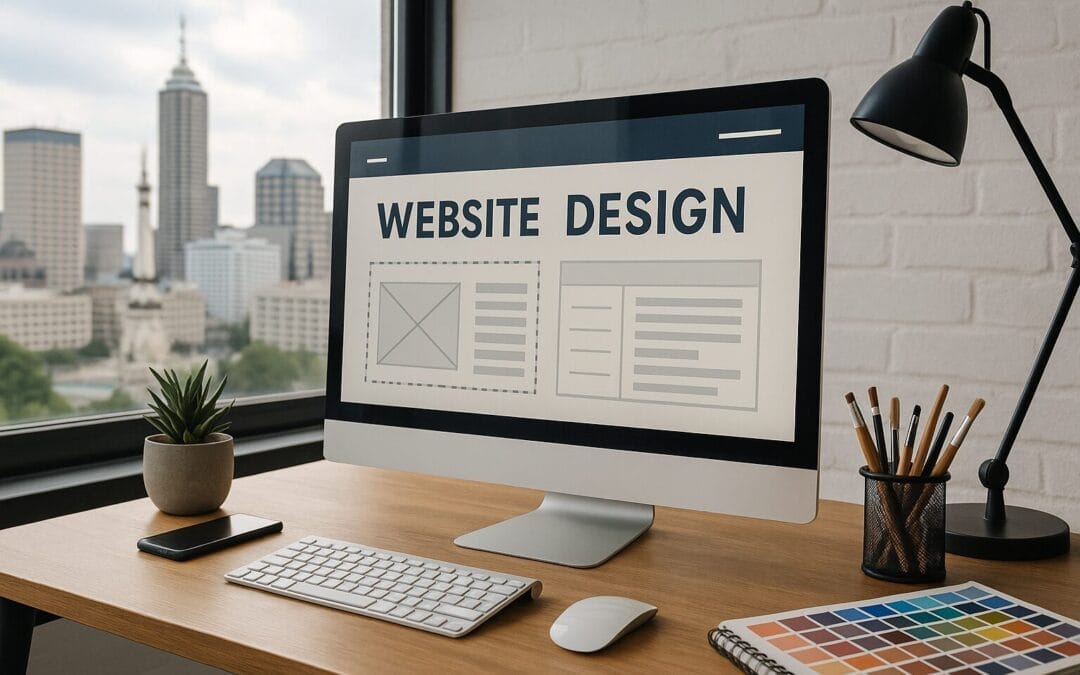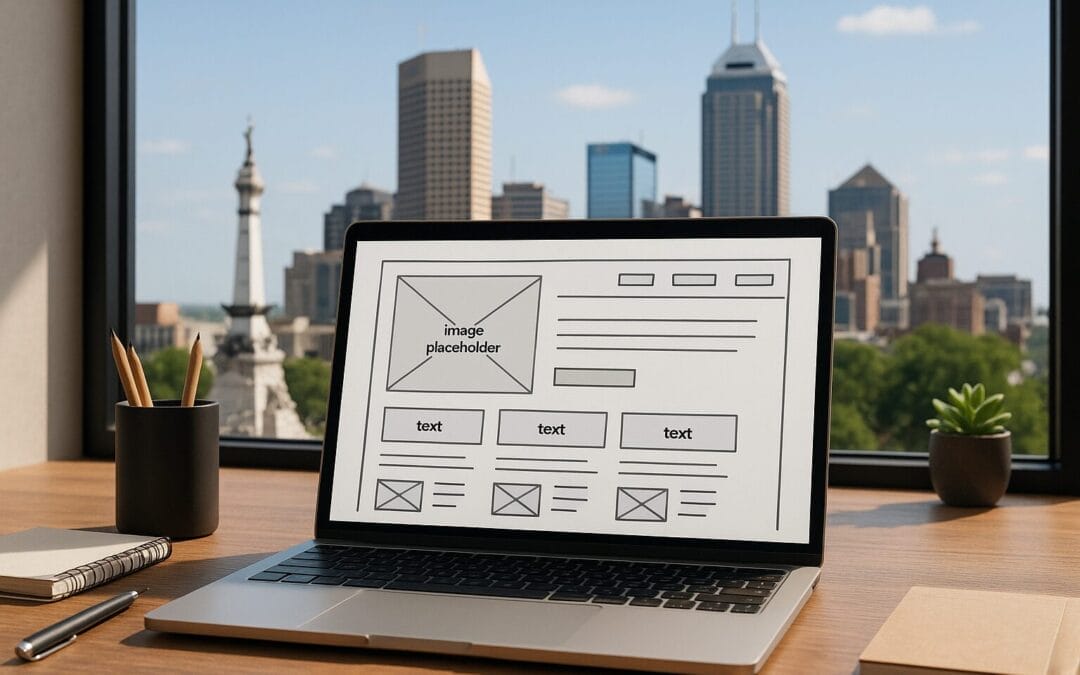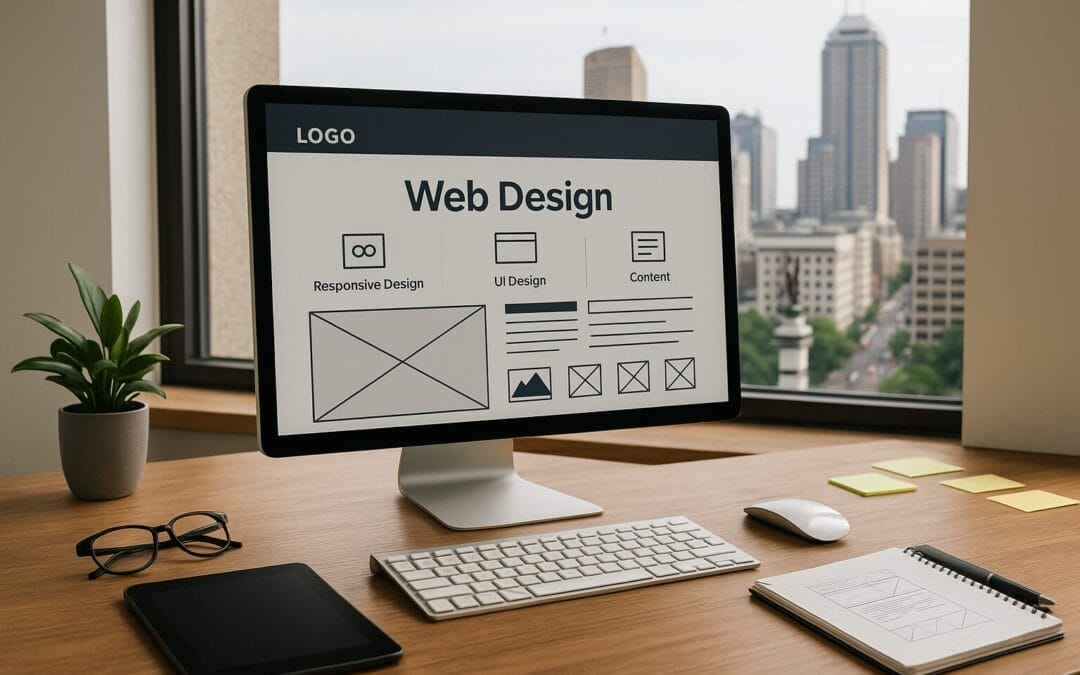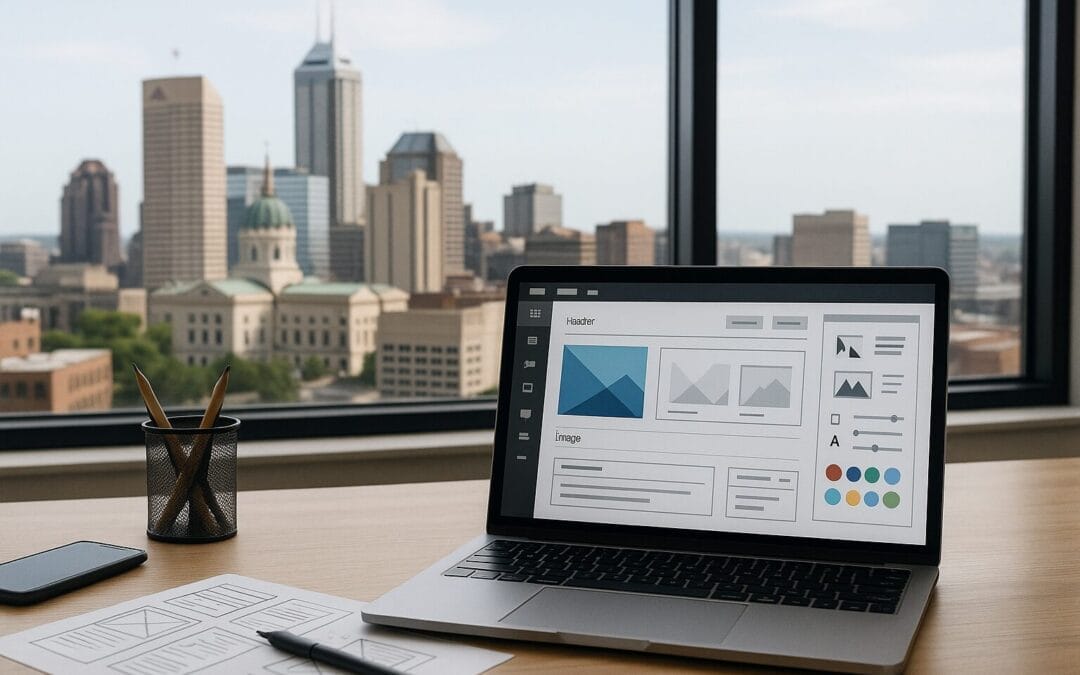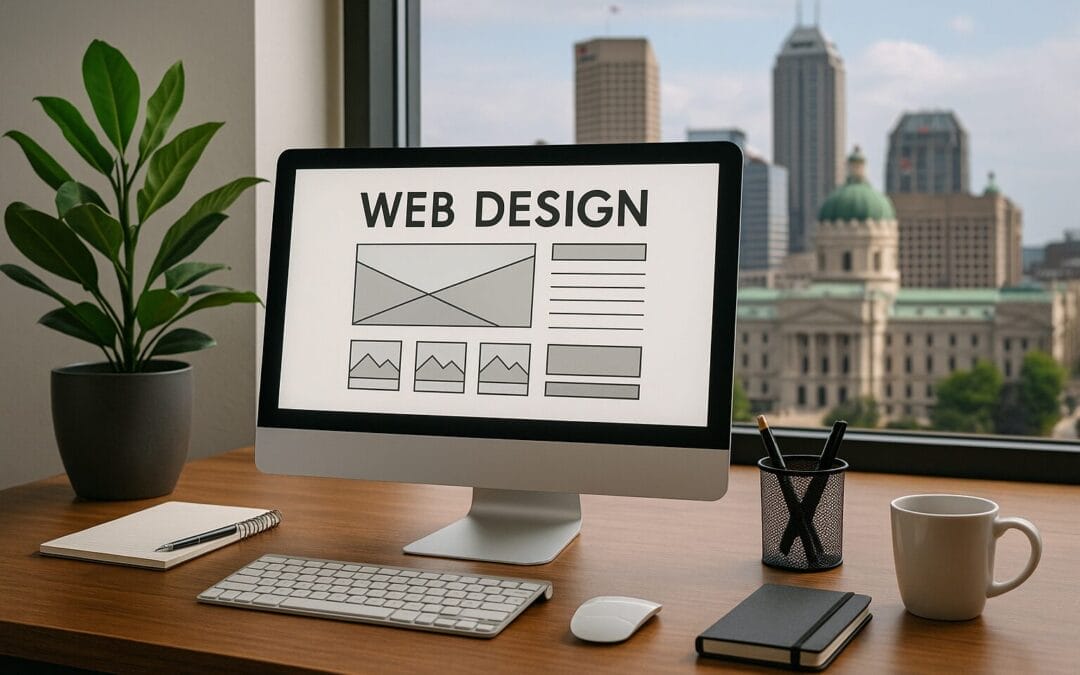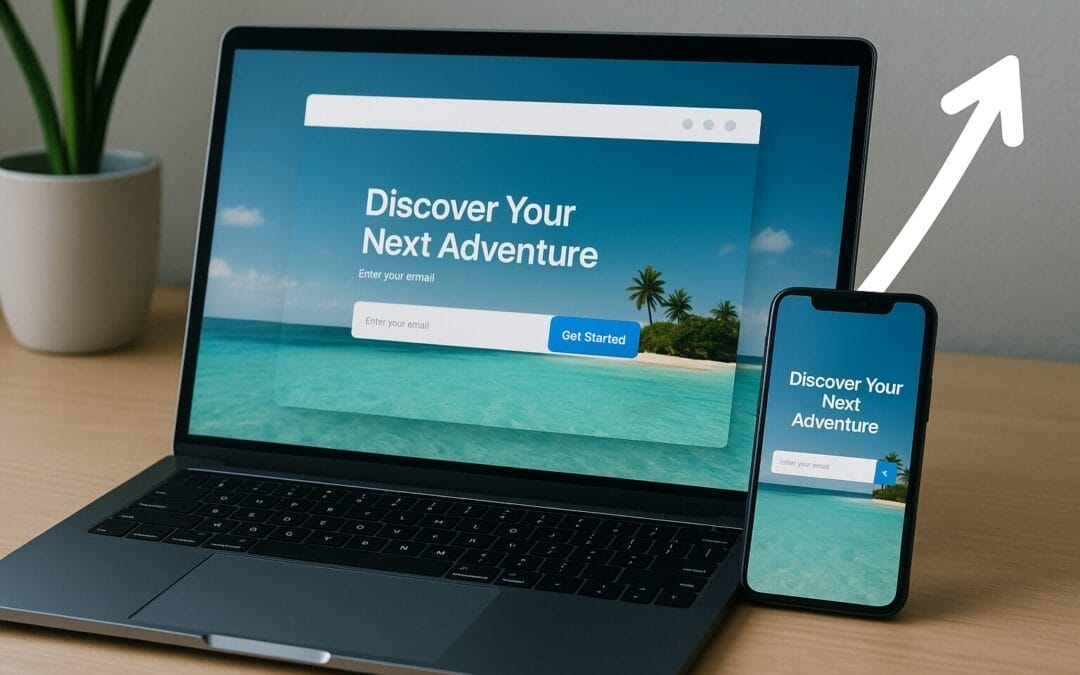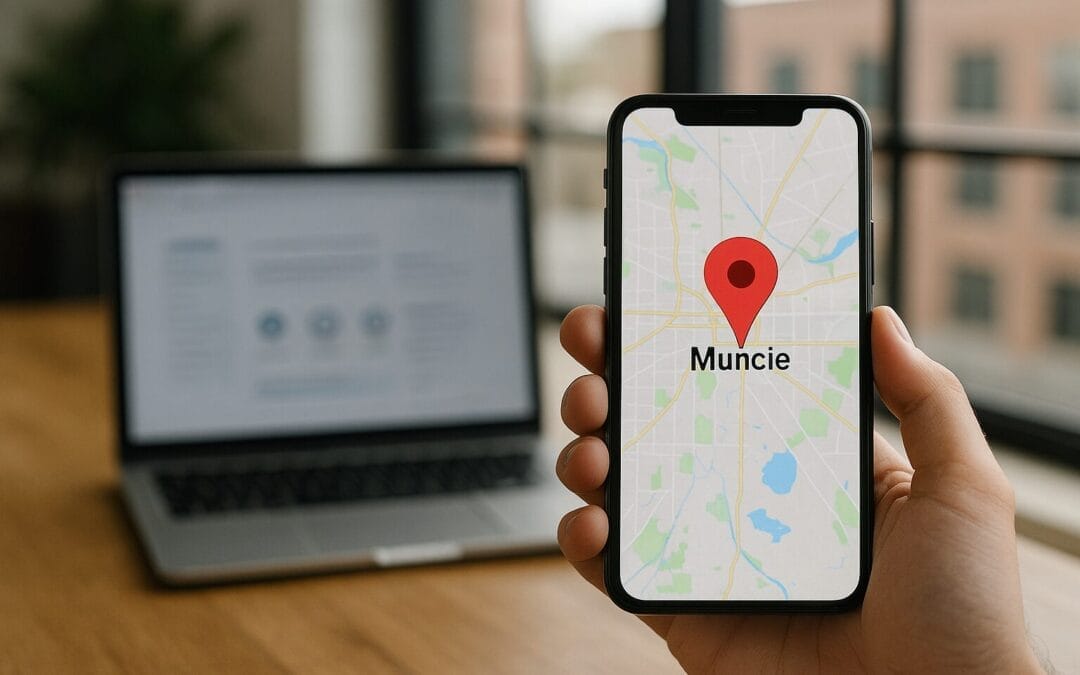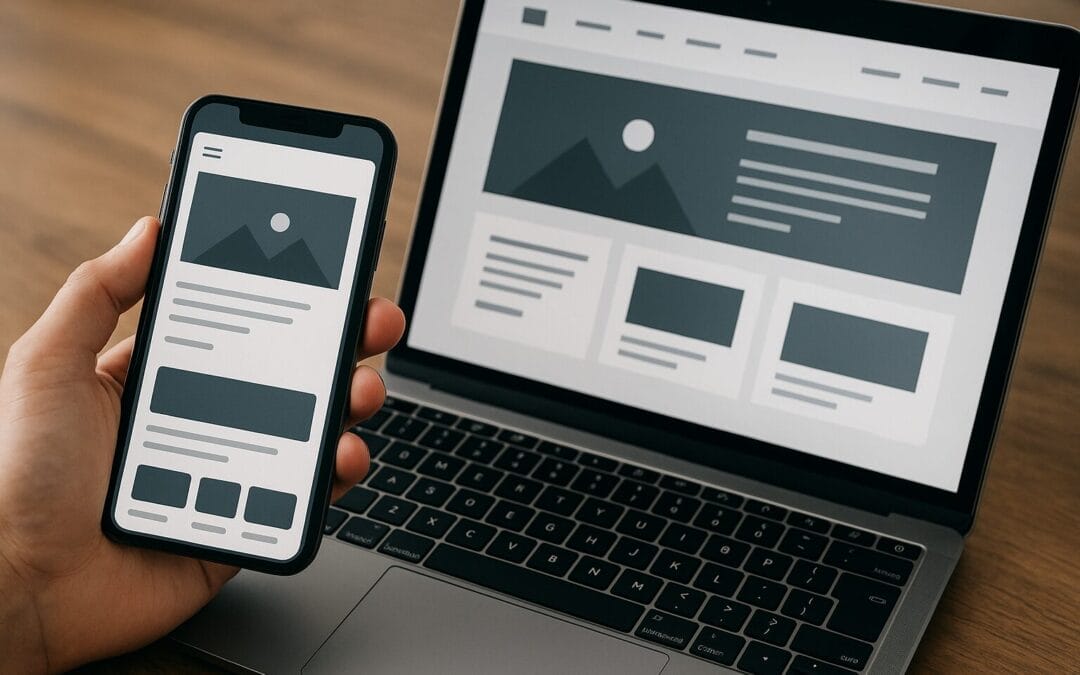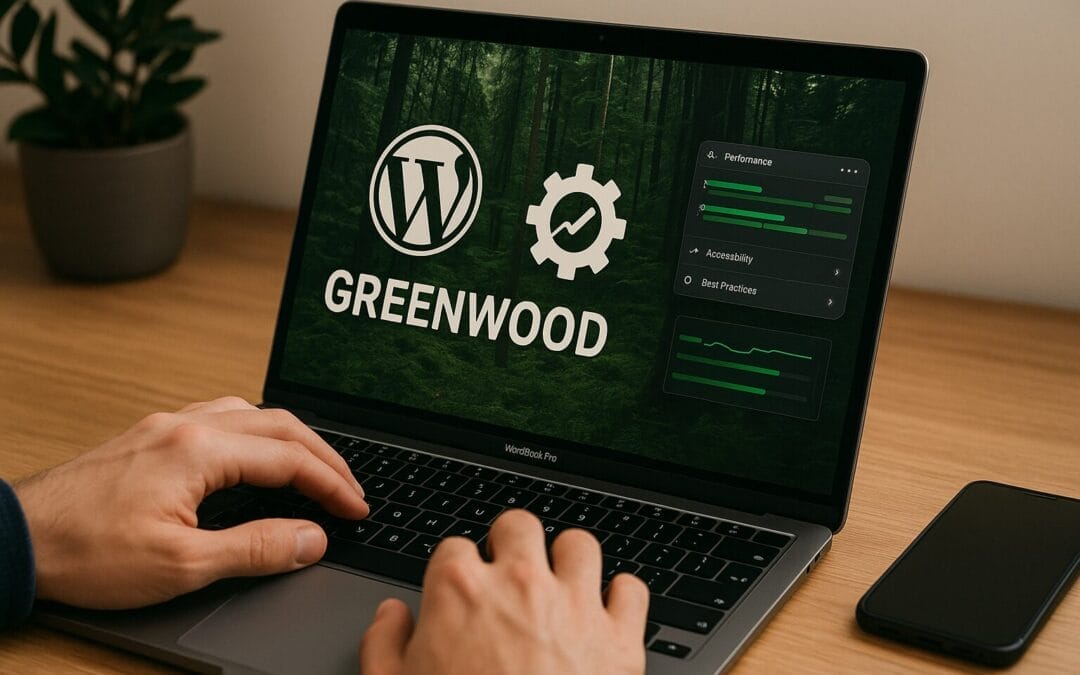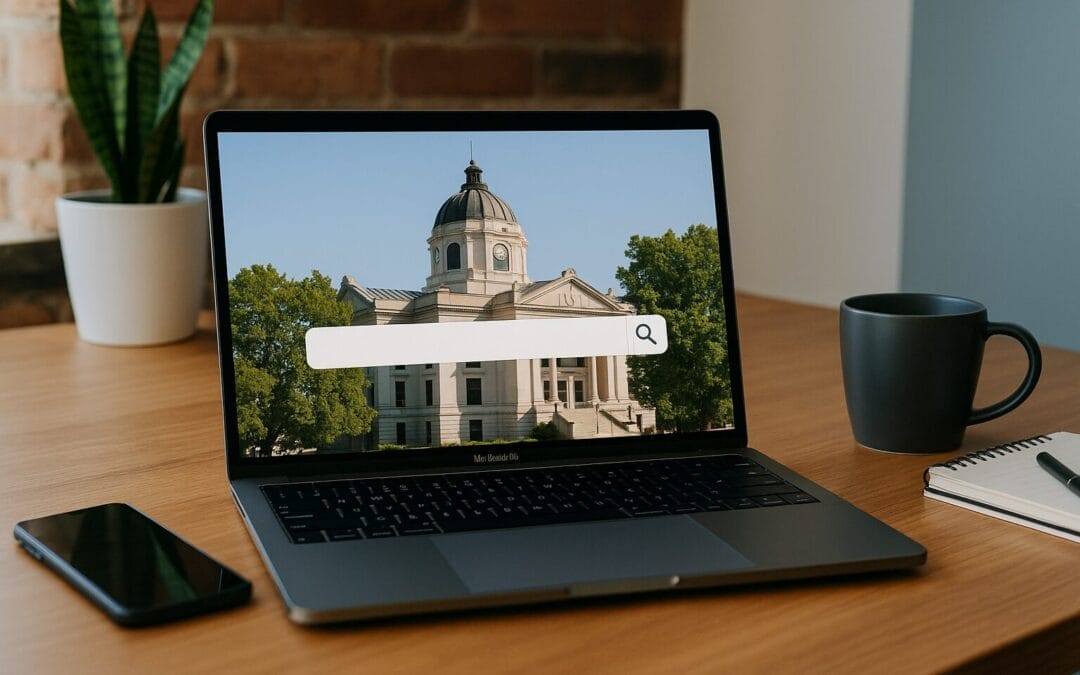In today’s digital age, establishing a compelling online presence is essential for businesses and individuals alike. One of the critical decisions you’ll face is whether to design your website yourself or hire a professional web designer. In this post, we’ll delve into the advantages and drawbacks of both options to help you make an informed decision that aligns with your goals and resources.
DIY Website Design
Pros:
- Cost-Effective Solution: DIY website builders and templates are generally more budget-friendly upfront compared to hiring a professional designer.
- Full Creative Control: You have complete control over the design, layout, and content of your website. This allows you to bring your vision to life exactly as you imagine it.
- Flexibility and Quick Turnaround: DIY platforms often come with user-friendly interfaces, enabling you to create a basic website relatively swiftly. This can be advantageous if you need a basic online presence urgently.
- Learning Experience: Designing your own website can be an invaluable learning experience. It allows you to gain insights into web design principles and tools.
Cons:
- Limited Customization: While DIY platforms offer templates, they may have limitations in terms of customization, making it challenging to achieve a truly unique design.
- Time-Consuming: Designing a website from scratch, especially for those with limited experience, can be time-consuming. It may take longer to achieve the desired result.
- Lack of Professional Expertise: DIY designers may not be aware of the latest design trends, SEO best practices, or user experience principles, potentially leading to a less effective website.
Hiring a Professional Web Designer
Pros:
- Expertise and Experience: Professional web designers have the knowledge and experience to create a website that is visually appealing, user-friendly, and optimized for search engines.
- Customization and Unique Design: A professional designer can create a website tailored specifically to your brand, ensuring a unique and memorable online presence.
- Time-Efficient: With their expertise, professional designers can complete a project efficiently, allowing you to focus on other aspects of your business or personal endeavors.
- Access to Additional Services: Professionals may offer additional services such as SEO optimization, content creation, and ongoing maintenance, providing a comprehensive solution.
Cons:
- Higher Initial Cost: Hiring a professional designer can be more expensive upfront compared to DIY options. However, it’s important to consider the long-term value and return on investment.
- Less Direct Control: While you can provide input and feedback, you may have less hands-on control over the design process compared to doing it yourself.
Conclusion: Finding the Right Balance
Ultimately, the choice between DIY website design and hiring a professional depends on your specific needs, budget, and level of expertise. If you prioritize cost-effectiveness and have the time to invest in learning, DIY may be a suitable option. However, if you seek a custom, high-quality website with professional expertise, hiring a web designer offers distinct advantages. In some cases, a hybrid approach where you start with a DIY platform and later engage a professional for refinement and optimization can be a balanced solution. Remember, the key is to choose the option that aligns best with your goals and resources for a successful online presence.
Heck Yeah Web Design provides a good balance of exceptional work and cost-effective. Learn more about our website builds that won’t break the bank here.

